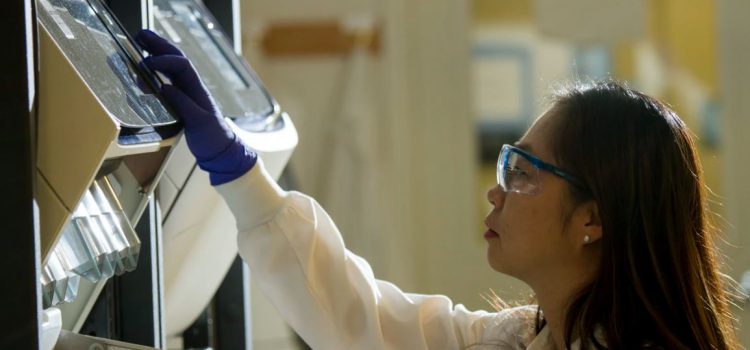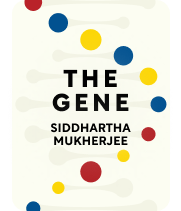

This article is an excerpt from the Shortform book guide to "The Gene" by Siddhartha Mukherjee. Shortform has the world's best summaries and analyses of books you should be reading.
Like this article? Sign up for a free trial here.
What is germline editing? What are the ethical implications of using germline cells for gene therapy?
Germline editing is a method of modifying one’s genome in such a way that the changes are passed down to all the subsequent generations. Currently, germline editing is illegal because of ethical concerns.
Keep reading to learn about the implications of germline editing.
Germline Editing: Inheritable Changes
Mukherjee says that gene therapy currently only affects the person it’s performed on and doesn’t get passed to that person’s children. However, it’s theoretically possible to create a human embryo using genetically modified stem cells, if those stem cells can be converted into gametes (sperm and eggs). While that should be possible—stem cells should be able to turn into any type of cell—the technique is still unproven.
But if scientists could create genetically modified embryos in this way, it would mean all of that person’s cells, including his or her gametes, would carry the modifications. Therefore, those changes would be passed down to any children the person had. At that point, Mukherjee says, we would have gone from editing a person’s genes to editing a person’s genome; in doing so, we’d have created an entirely new type of organism, and potentially changed the gene pool forever.
(Shortform note: The first, and so far the only, known instance of germline editing happened in 2018: Biologist He Jiankui used gene-editing techniques on human embryos with the goal of creating people who were immune to HIV. Three gene-edited babies were born from He’s work. While those three people are apparently healthy children today, many scientists agree that He crossed an ethical line by performing the procedure on people who couldn’t consent to it—meaning both the embryos and any children they might have in the future. Those scientists also argue that the children could suffer unintended side effects, such as harmful mutations or cancer. He served a three-year prison sentence for violating medical regulations, which ended in April of 2022.)
Germline Editing: Legal, Practical, and Ethical Concerns
Currently, germline modifications—changes that will be passed on to future generations—are illegal, and Mukherjee says that’s a wise policy for several reasons. On a practical level, scientists’ understanding of genomics is still limited; we simply don’t know enough about how genes interact with each other and with environmental factors. That means that even a seemingly beneficial change to a gene could have unforeseen and devastating consequences.
Furthermore, on an ethical level, genetically modifying the human race raises uncomfortable echoes of eugenics and the Holocaust, and poses many difficult questions. For example, should we engineer away undesirable traits if we can do it without killing living people, or would that be giving medical treatment without consent? Should parents be able to choose what traits their children will have, thereby creating “designer babies?” If we’re able to “improve” the human genome, would that change what it means to be human—in other words, would people who don’t have those changes be considered somehow less than human?
These are deep moral questions without easy answers; but they’re questions that Mukherjee believes we’ll have to face before we push genetics too much farther.
| Counterpoint: In Support of Germline Editing Dr. John Harris—one of the world’s leading authorities on bioethics—believes that scientists have not only the right, but the moral responsibility to use germline editing to prevent genetic diseases and thereby reduce human suffering. Harris argues that there’s no evidence backing up concerns about side effects, and that those who talk about human rights, dignity, and personal identity can’t adequately explain how germline engineering will infringe on any of those things. Furthermore, Harris points out that many people argued strongly against in-vitro fertilization (IVF) using many of the same points: that it’s unnatural, that there could be side effects, or that people born from IVF would be inherently different somehow; not quite human. However, today, IVF is a widely used and accepted treatment for infertility—the children born from IVF are perfectly healthy, and there’s no sense of exclusion or “otherness” because of how they were born. Harris believes that someday the arguments against germline editing will prove to be just as unfounded as those against IVF were. |

———End of Preview———
Like what you just read? Read the rest of the world's best book summary and analysis of Siddhartha Mukherjee's "The Gene" at Shortform.
Here's what you'll find in our full The Gene summary:
- What genes are and how they work, explained in simple terms
- The history of gene discovery, dating back to the 1800s
- What the future of genetic engineering looks like






